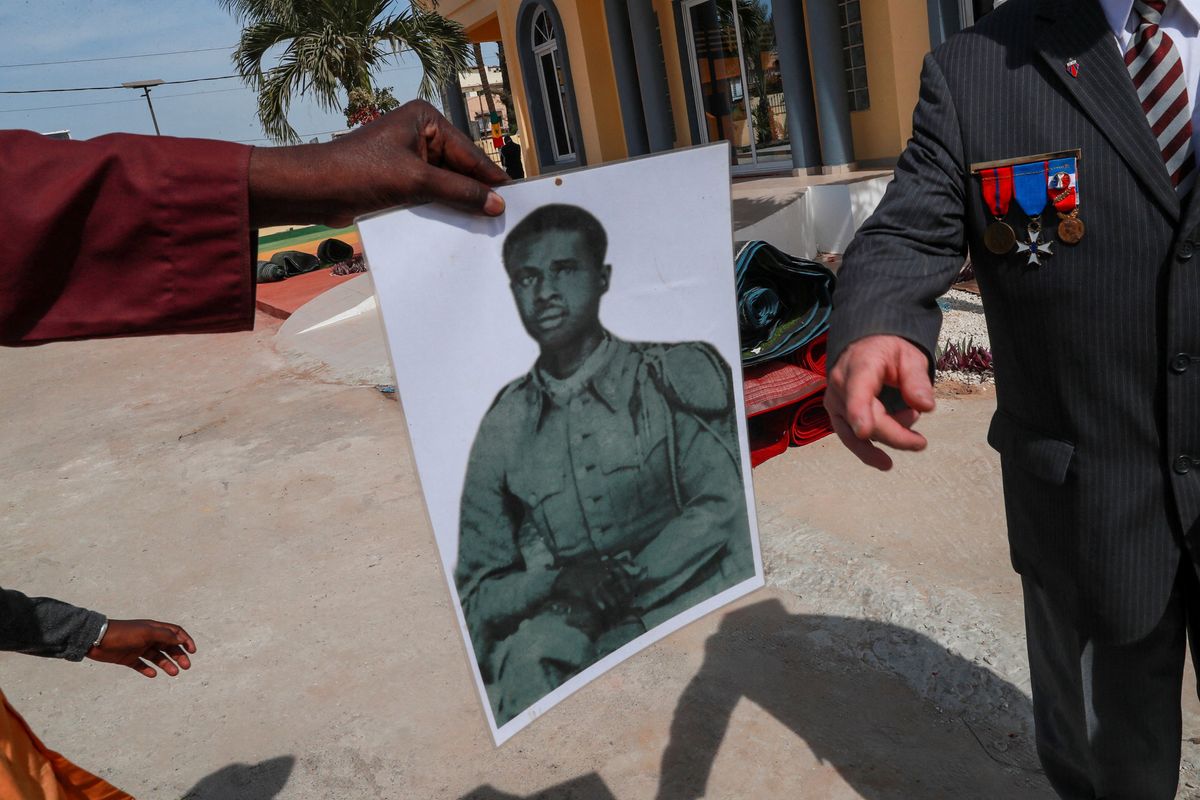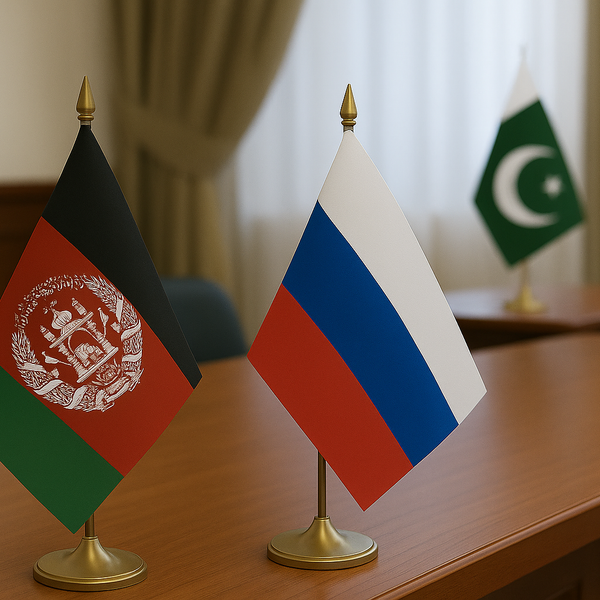Senegal seeks answers 80 years after French massacre of African soldiers
African soldiers who fought for France in WWII were gunned down in 1944 for demanding payment
Reuters
News Agency Partner
Reuters is a leading source of news and information, delivering fact-based reporting and expert analysis on international events and trends.

A family member shows a photograph of his relative that was killed during the Thiaroye massacre as Senegal commemorates the 80th anniversary of a massacre of African soldiers who fought for France during WWII, and were gunned down by French troops in 1944 for demanding fair treatment and pay in Thiaroye, Senegal December 1, 2024
Reuters
Senegal on Sunday commemorated the 80th anniversary of a massacre of African soldiers who fought for France during World War II, and were gunned down by French troops in 1944 for demanding fair treatment and payment on their return.
The West African country has long demanded its former colonizer take responsibility, officially apologize and properly investigate the massacre that took place in Thiaroye, a fishing village on the outskirts of Senegal's capital Dakar.
The event, which renewed these demands, comes as France is losing influence over its former African colonies, many of which have turned to Russia for security instead.
Accounts of the massacre vary, as does the death toll, which French ex-president Francois Hollande raised to at least 70 from 35 during a visit to Thiaroye in 2014. Historians say it could be much higher.
Macron accepts 'massacre'
A few days before the commemoration, French President Emmanuel Macron wrote a public letter to his Senegalese counterpart Bassirou Diomaye Faye in which he referred to the killings as a "massacre" for the first time.
Hollande in 2014 described it as a "dreadful tragedy", but also called it a massacre in an interview with a French broadcaster last month.
The ceremony, which France's foreign affairs minister attended alongside other African heads of state, started with a visit to the Thiaroye military cemetery to lay flowers.
A printed guide to the ceremony described the "horrific repression" of members of the Senegalese infantry unit, who were surrounded and gunned down for requesting due compensation.
Murky details
The circumstances of the massacre remain murky, with France accused of falsifying or hiding records.
There has been pressure to allow a search of mass graves in which historians believe up to 400 African soldiers could be buried.
Macron said in his letter that France was cooperating with a Senegalese committee to establish the truth.
"There have been several efforts to smother this story," Faye said in response to Macron's letter. "We think that this time France's engagement will be complete, frank and collaborative."
Earlier this year, Senegal's Prime Minister Ousmane Sonko accused France of seeking to "unilaterally determine" the way it had treated African soldiers that served in its armies, and the reparations they deserve.










Comments
See what people are discussing